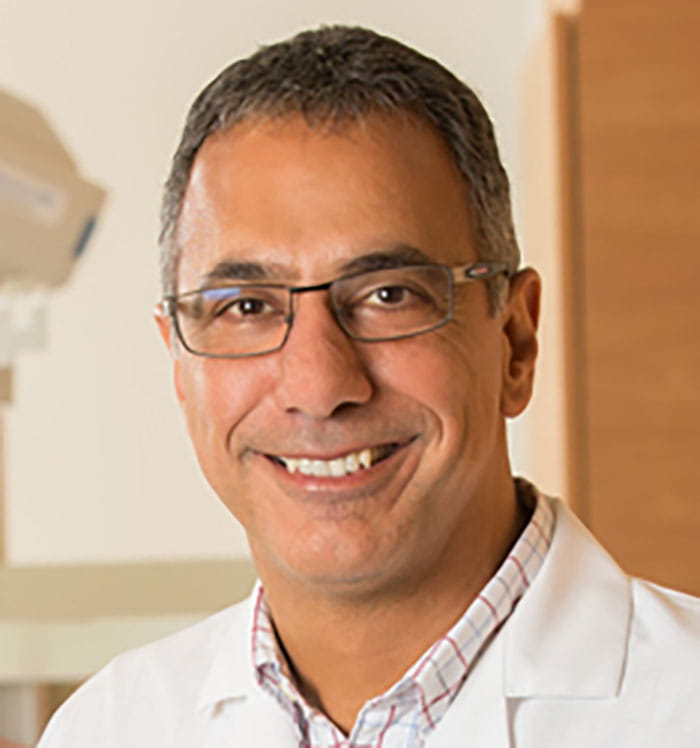UH Digestive Health Institute Update | Fall 2020
October 19, 2020
Digestive Diseases Research Core Center receives additional grant; screenings rise during pandemic
Innovations in Digestive Health | Fall 2020
COVID-19 may have disrupted clinical trials, but it hasn’t stopped the University Hospitals Digestive Health Institute from conducting research and implementing new practices that reflect our current environment.
 John Dumot, DO Director, UH Digestive Health Institute
John Dumot, DO Director, UH Digestive Health InstituteIn April, the Silvio O. Conte Cleveland Digestive Diseases Research Core Center (DDRCC), a cross-institutional collaboration of digestive disease investigators that includes the Case Western Reserve University School of Medicine, University Hospitals Cleveland Medical Center, Cleveland Clinic and the Louis Stokes Cleveland VA Medical Center, received a $6 million, five-year grant from the National Institutes of Health. The grant extends the DDRCC’s initial $6 million NIH grant awarded in 2015. It will allow the center to continue to advance research into digestive inflammation and intestinal tumorigenesis. It is one of only 18 digestive disease research core centers in the country.
That NIH recognized DDRCC’s accomplishments so far — including the work of director Fabio Cominelli, MD, PhD — speaks volumes about the center’s ability to collaborate and produce research that stands up to peer review. The grant will allow the center to pursue innovative studies that will dramatically influence patient care.
Among other projects, Dr. Cominelli and team have been studying the gut microbiome to determine which microbes may help treat Inflammatory Bowel Disease. It’s early days for microbiome research at large, leaving us so much to discover about the relationship between the microbiome and its host. What Dr. Cominelli’s team learns will help us better counsel patients on how they can modify their diet and which probiotics (if any) will provide benefits.
COMPASSIONATE CARE FROM ANYWHERE
With infection prevention protocols firmly in place, our gastroenterologists, hepatologists and surgeons are as busy as ever. That said, we recognize certain patients prefer to receive care without making a hospital visit.
To ensure these and all other patients receive appropriate colon cancer screening, we now promote either a Fecal Immunochemical Test (FIT) or Cologuard due to constraints brought on by the pandemic. Because we encourage home-based tests as a first line of screening, we’ve seen an increase in screenings overall.
When a patient tests positive with either FIT or Cologuard, we track the results to be sure they come in for a follow-up colonoscopy. This can generally be rewarding, with a higher overall rate of significant findings than with what we call “average risk” persons.
To keep patients, doctors, and clinicians safe during these procedures, we preface the colonoscopy with a symptom check and a COVID-19 test. If patients test positive or have symptoms of COVID-19, we reschedule.
The overall shift toward at-home care and virtual visits extends to surgical consults. Our pancreas surgeons now offer virtual consults to patients anywhere. A pancreatic cancer diagnosis is both a medical and personal emergency. Offering virtual consults quickly is one more way UH offers compassionate, quality care.
Our physicians, researchers, educators and students overcome tall obstacles almost every day. This year has presented more challenges than most, but as always, we adapt. In the process, we’re providing an even wider range of services to our patients.
To make a referral or for physician consultation with the UH Digestive Health Institute, call 216-553-1976.
Tags: COVID-19, Digestive Diseases, Research


